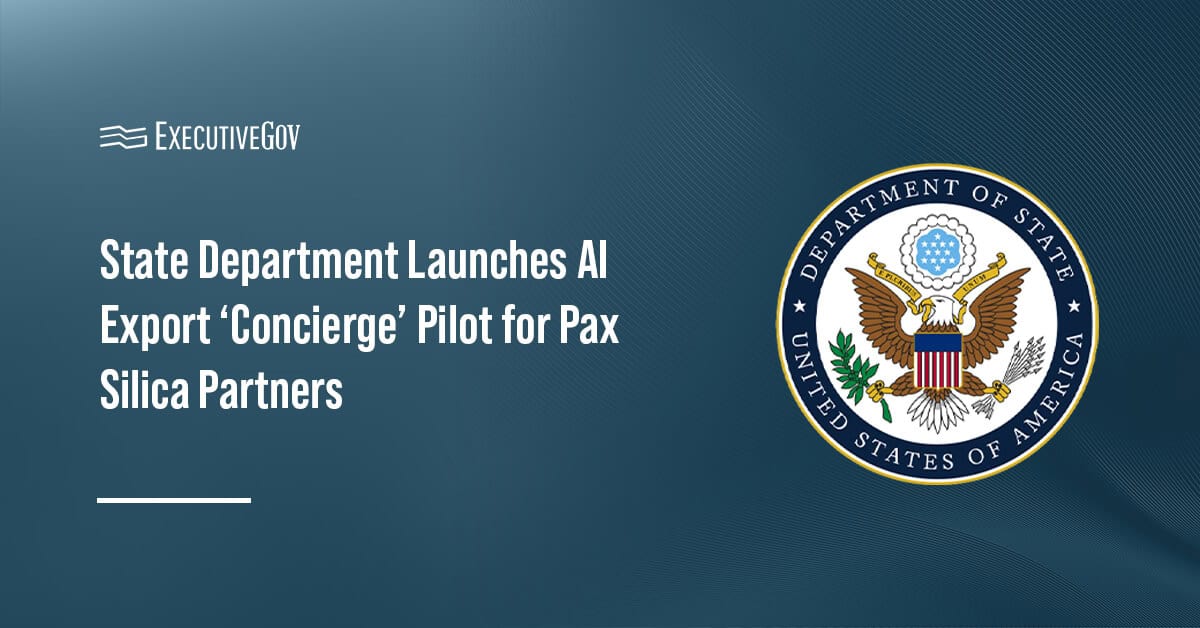The Biden administration has requested a budget of $849.8 billion for the Department of Defense for fiscal year 2025.
These funds are intended to support the implementation of the 2022 National Defense Strategy and are primarily centered around integrated deterrence, campaigning and building an enduring advantage, the DOD said Monday.
The FY25 budget request includes $167.5 billion for procurement and $143.2 billion for research, development, test and evaluation efforts.
Modernizing the nuclear triad is one goal of this budget, and the FY 25 request sets aside $9.9 billion for the Columbia-class ballistic missile submarine; $5.3 billion for the B-21 strategic bomber program; and $3.7 billion for the ground-based Sentinel program.
The requested budget would also provide $9.8 billion for long-range fires; $33.7 billion for key space capabilities; and $14.5 billion for cyberspace activities.
Within the request, $17.2 billion is allocated to science and technology; $1.8 billion is reserved for artificial intelligence; $1.4 billion is set aside for Combined Joint All Domain Command and Control; $450 million is dedicated to the Rapid Defense Experimentation Reserve; and $144 million is saved for the Office of Strategic Capital.
Deputy Defense Secretary Kathleen Hicks said the FY 2025 defense budget request would provide approximately $500 million for the Replicator initiative.
“One key focus in innovation is overcoming institutional challenges that inhibit our ability to accelerate delivery of critical capabilities to the warfighter at speed and scale. That’s the goal of Replicator, including its first focus area on all-domain attritable autonomous systems and many similar initiatives the department has underway,” saidHicks, a 2024 Wash100 awardee.
The proposed budget would also provide the DOD with $29.8 billion for munitions, $4 billion for the submarine industrial base and $2 billion for microelectronics.
“Since my first day as Secretary of Defense, I have focused on three priorities: defending the Nation, taking care of our people, and succeeding through teamwork. President Biden’s Fiscal Year 2025 budget request advances each of these priorities,” said Lloyd Austin, secretary of DOD and a three-time Wash100 awardee.
Hicks noted that the proposed budget is capped by the Fiscal Responsibility Act.
“So even under the F.Y. ’25 cap, we continue to make investments in basic research, advanced technology, experimentation, artificial intelligence, and cyber and space capabilities, and we are committed to robust procurement, sending strong market signals to industry,” she added.





